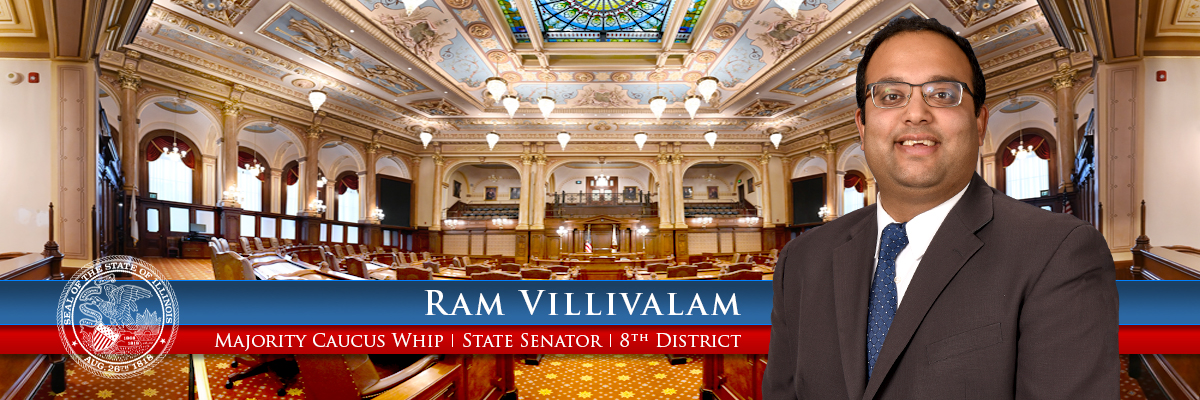SPRINGFIELD — Senate Transportation Chair Ram Villivalam held a subject matter hearing Tuesday to discuss how funding transit is a statewide priority.
“As public transit continues to be a cornerstone of our communities, it is imperative that we have discussions about the current state of transit across Illinois as a whole,” said Villivalam (D-Chicago). “Today, we were able to hear from panelists who spoke to what transit looks like in their region and how funding transit is a necessity to them.”
Across the Regional Transit Authority region, public transit is expected to hit a $730 million fiscal cliff in 2026 as federal funding through the American Rescue Plan Act is slated to end.
In recent months, Villivalam has held subject matter hearings across Chicago and the suburbs to discuss the current state of public transit in relation to supporting the economy, accessibility and equity, and public health.
Tuesday’s hearing included testimony from panelists representing transit agencies around the state, including Rockford Mass Transit and South Central Transit District, who shared what public transit looks like for their region and how funding transit is important to them. Panelists shared that many riders in their areas rely on public transit to move between rural and urban communities for work, health care and education. Additionally, committee members were able to ask questions related to transit agencies’ funding, post-pandemic ridership and service levels, and what service could look like going forward.
“In order to expand and improve access to our state’s transit systems, we have to put in the time and funds,” said State Senator Christopher Belt (D-Swansea), vice chair of the Senate Transportation Committee. “Consistent transit funding in all regions of the state is crucial— not only to increase access for residents, but also to drive economic growth, reduce traffic congestion, and enhance environmental sustainability.”
Villivalam looks forward to continuing discussions with stakeholders, advocates and colleagues on the state of transit.






